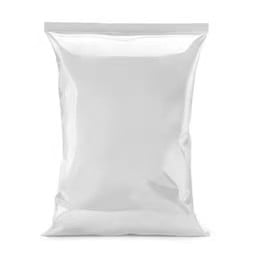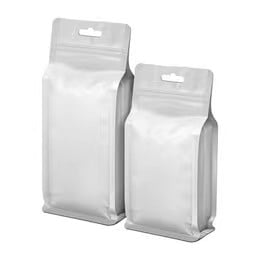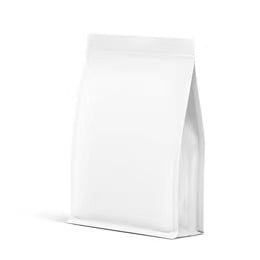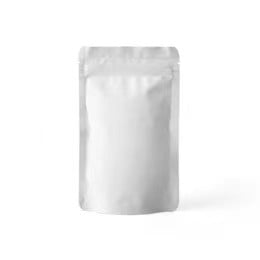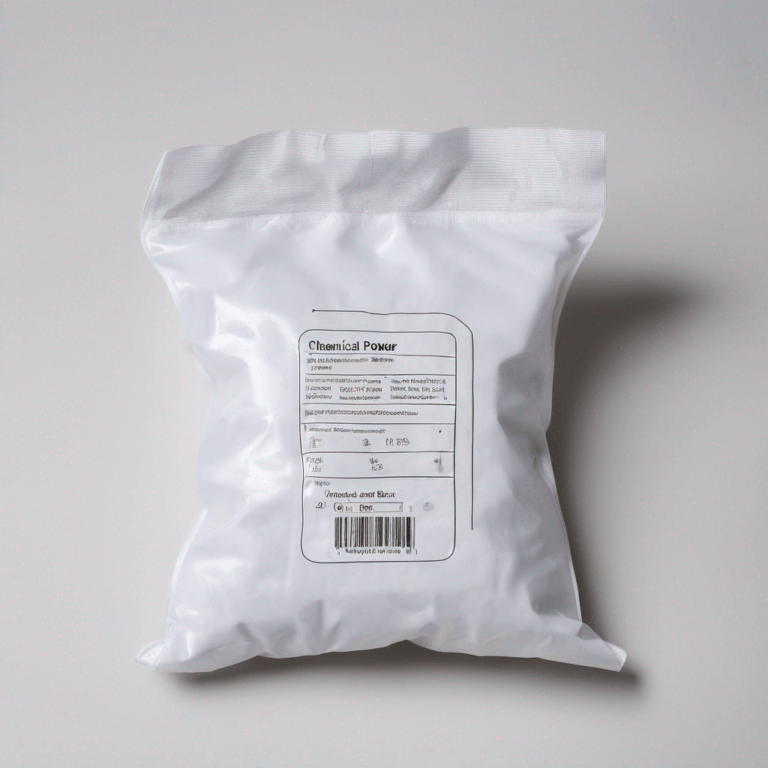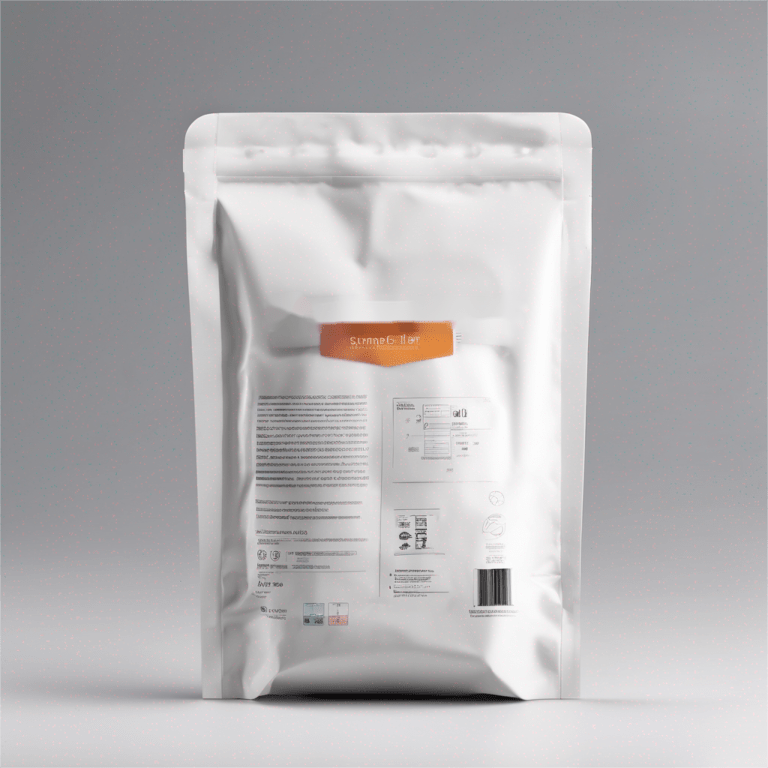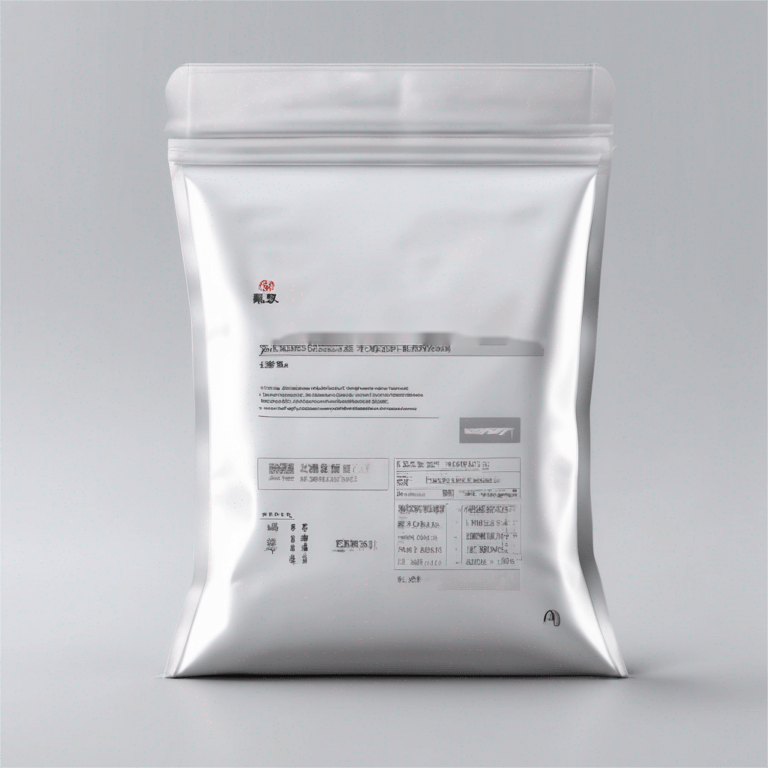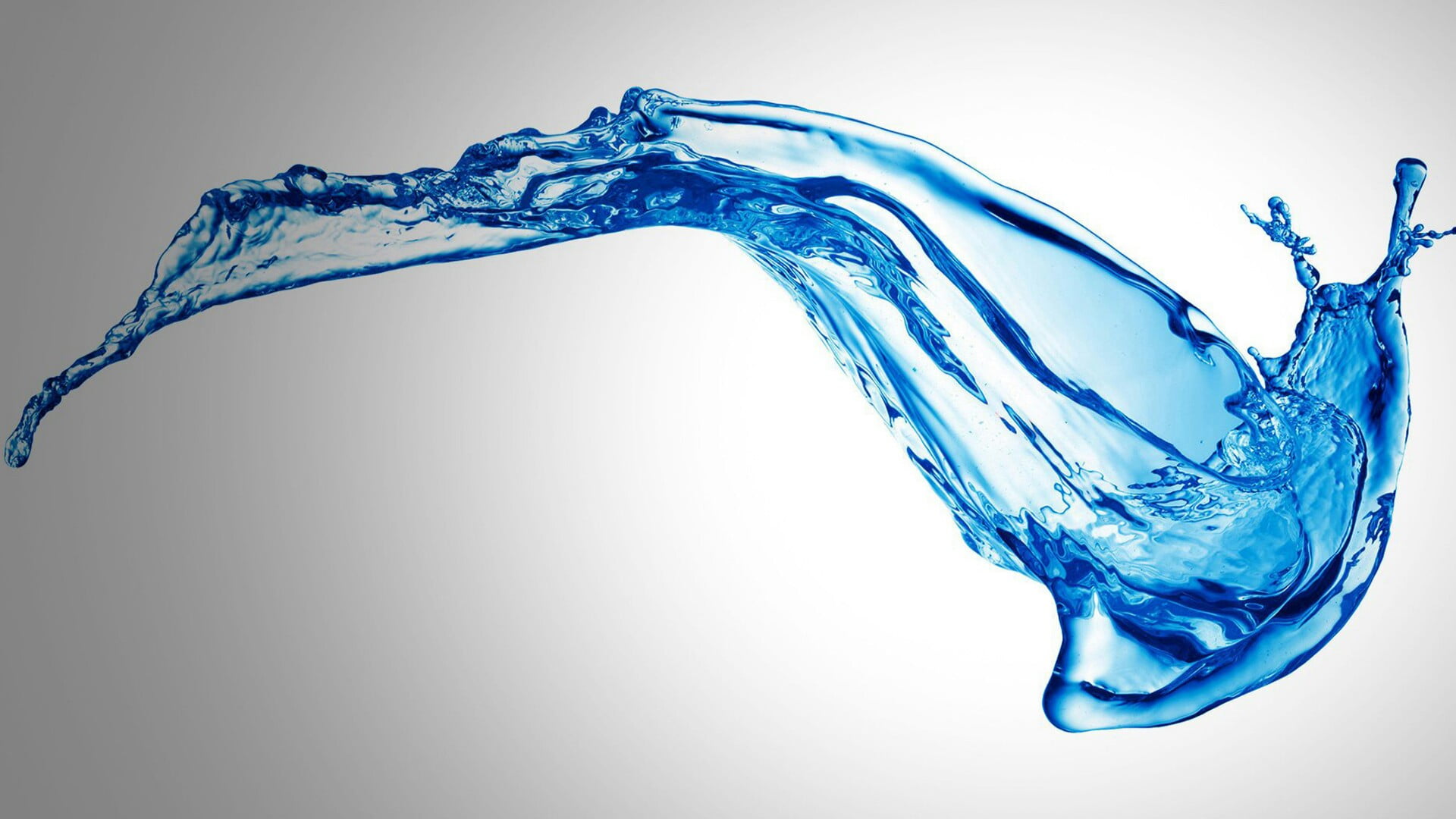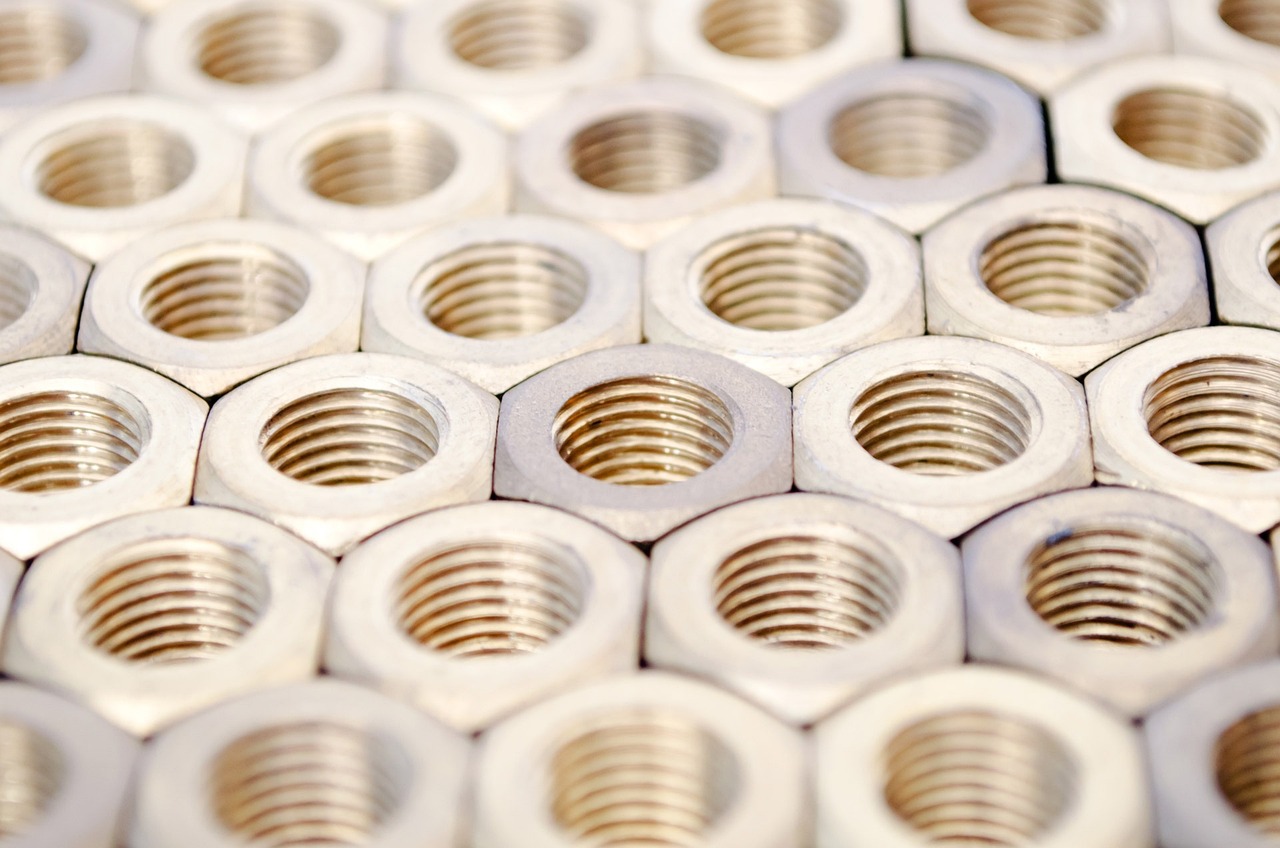- Home
- Industries
- Powder
- Raw chemistry powder
Industry Chemical packaging Equipment
Automatic industry chemical packaging equipment are designed to provide high levels of accuracy, efficiency, and safety in packaging various types of chemical products. The machines ensure that the packaging process is done quickly, efficiently, and in a way that minimizes human exposure to toxic chemicals, reducing the health and environmental risks associated with chemical packaging.
High standards, high requirements:
1. Stainless steel construction for corrosion resistance and easy cleaning
2. Automated fill and seal processes to minimize contamination and reduce waste.
3. Multiple fill and seal options.
4. Nitrogen flushing and oxygen removal features for product preservation.
5. Temperature control units to handle high-temperature products.
6. Automated weighing and dispensing systems.
7. Safety features to protect operators from exposure to hazardous chemicals and fumes.
Sample
Machine chioce
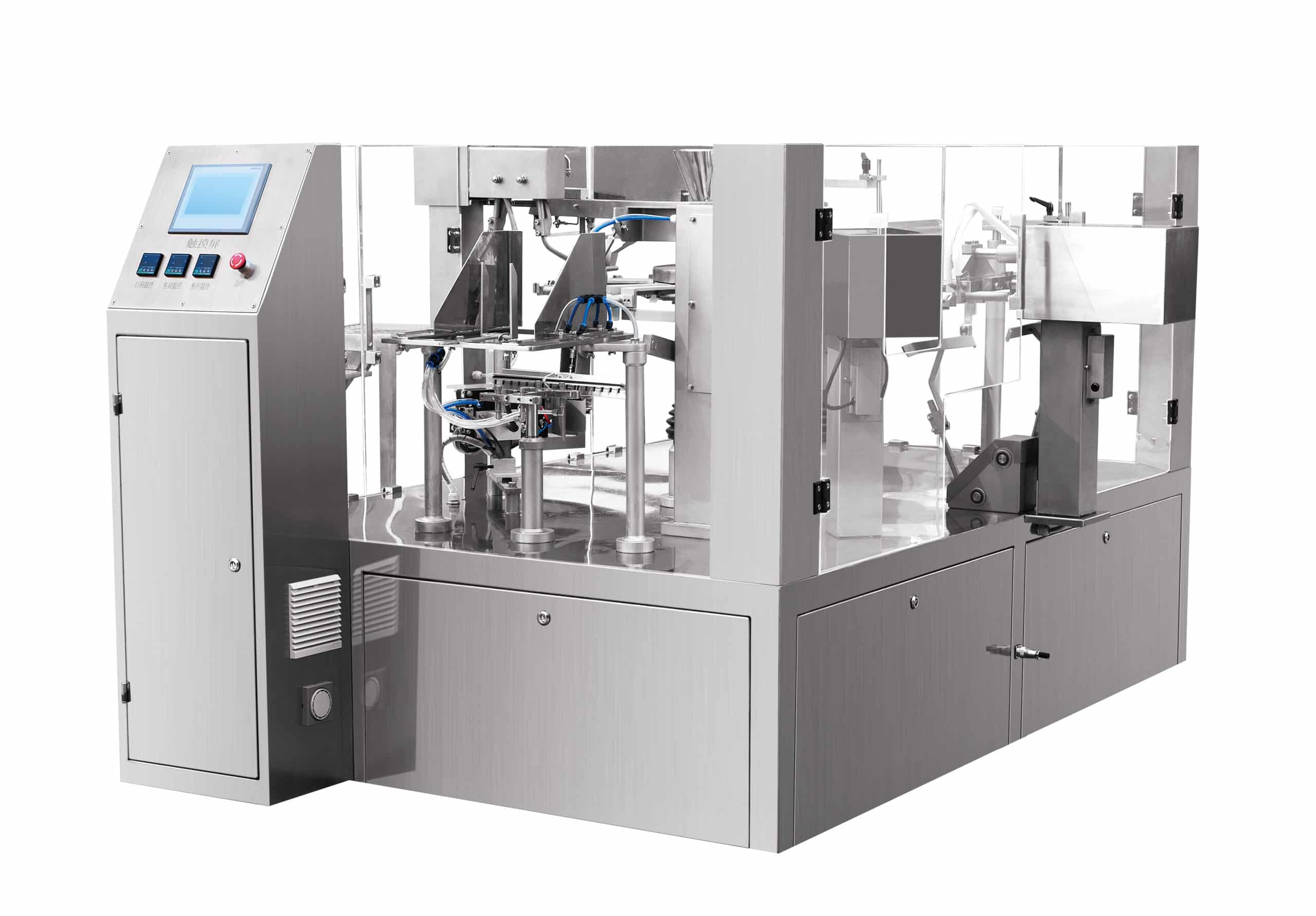
Premade Pouch Chemical Powder Packing Machine
- Easy to set up and operate.
- Can handle a variety of pouch sizes and styles.
- Can be used for multiple products.
- Efficient output speeds with minimal training required
- Up to 60 bags/min
-Saving time and money in long time
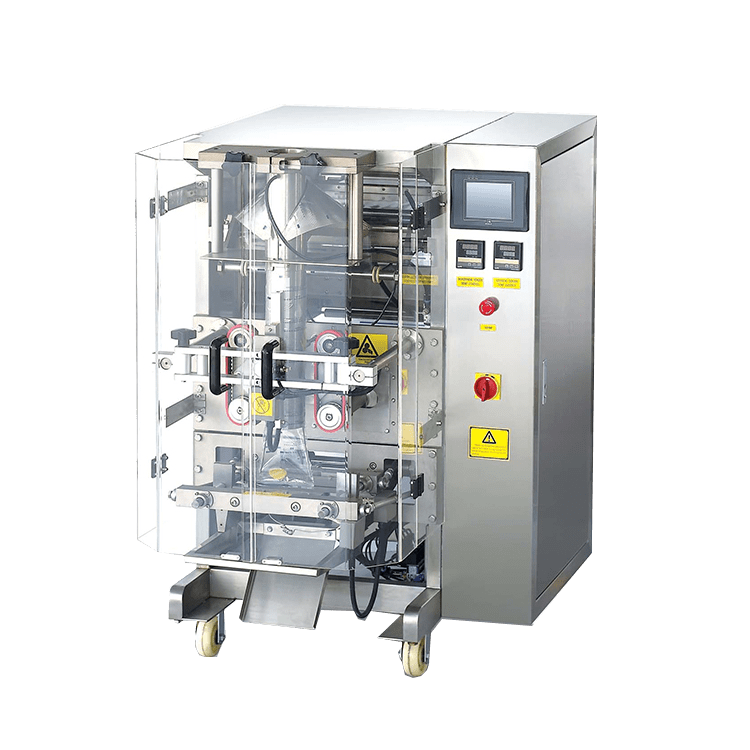
Industry Chemical VFFS Packing Equipment
- Cost-effective for high volume production runs.
- Can be used for a variety of products, including powders, solids, and liquids.
- Can create custom bag sizes and shapes.
-Up to 60 bags/min
- Efficient use of materials.
- Requires more technical training to operate.
- Can be sensitive to changes in product density or viscosity.
- Can have higher maintenance costs.
Ultimate FAQ Guide
Chemical packing machines are versatile systems capable of packaging a wide variety of chemical powders with differing physical properties. They are engineered to accommodate chemicals exhibiting diverse bulk densities, particulate configurations, sizes and flow abilities.
Key features include: automatic bag feeding and filling, precise weighing system, contamination-free design, airtight sealing, optional dust extraction, optional reject system, etc.
Adjustable process parameters to precision dose chemicals ranging from free-flowing to cohesive in consistency. Pneumatic and vibratory components promote consistent powder dispensing.
Multiple inlet and sealing configurations compatible with chemicals presented as dry powders, granules or fine particulates. Fully enclosed designs minimize cross-contamination.
Quantitation capacities from grams to kilograms per minute with accuracy to sub-gram levels suitable for pharmaceutical and industrial-grade formulations.
Flexible packaging utilities including bags, pails, drums and canisters fabricated from materials resistant to abrasion and chemical permeation.
stringent airflow and filtration protocols upholding standards of cleanroom manufacturing. Critical processes take place under inert atmospheres when required.
Chemical powder packing machines typically offer high weighing accuracy, such as ±0.5-1% of the target weight. Some machines can achieve ±0.2% or better accuracy.
Common packaging materials include PE, PP, aluminum, and laminated films that are compatible with the chemical properties. The machine can apply heat seal, zipper, tape or resealable closure to these films.
Yes, a well-designed chemical powder packing machine has a contamination-free structure and optional built-in dust extraction system to keep the packaging process dust-free.
Advanced chemical powder packing machines have metal detection and under-overweight rejection systems to detect contaminants and ensure correct filling.
Yes, chemical powder packing system can be integrated with upstream and downstream equipment like hoppers, conveyors, palletizers, etc. for automated packaging lines.
- Cleaning – Thorough cleaning after each product run is crucial to prevent contamination and meet GMP standards. Wet cleaning should be followed by dry cleaning using compressed air.
- Calibration – Weighing systems and dispensers require regular calibration checks to ensure accurate dosing. Please calibrate according to the manufacturer’s schedule or if accuracy is an issue.
- Seal inspection – Check the sealing areas for wear and tear. Tight seals are crucial for maintaining product integrity and safety. Replace seals proactively per usage.
- Valve maintenance – Check valves and pumps for leaks, clogs, or buildup of debris. Clean and replace components as preventive maintenance.
- To prevent powder build-up, thoroughly clean powder handling assemblies to remove any residual materials adhered to surfaces after cleaning.
- Inventory spare parts – Maintaining a sufficient stock of common wear parts like O-rings and filters to avoid downtime during replacements.
- Document actions – Document all maintenance, repairs, and part replacements fully. Display the hours of operation for each component.
- Qualified personnel – Only trained staff allowed to perform maintenance after lock-out procedures for safety.
Yes, most chemical product packing machines have automated bag feeding systems, like bag magazines, to properly present and position bags for filling and sealing.
Yes, an optional dust extraction system with filters can be installed with a powder packing machine to prevent dust accumulation and keep the machine clean.
Yes, chemical powder packing machines can handle a wide range of powder particle sizes, from ultra-fine to granular powders. They have flexible filling systems to accommodate different powder flow properties.
Yes, flexbile packing machines have adjustable bag feeding and filling spouts that can handle different bag sizes (width/length), materials (plastic, paper, foil, etc.), and styles (pouches, sachets, bags, etc.)
Yes, chemical powder packing machines can handle a wide range of chemicals with different properties by selecting proper construction materials, closures, ventilation, etc. Operators also need to adjust filling parameters accordingly for different chemicals.
Advanced chemical powder packing machines have built-in quality controls like: metal detection, underweight/overweight rejection, misplaced bag detection, leakage detection, etc. to detect common packaging defects.
For chemicals with different melting points, factors considered include: sealing temperature, heating time, cooling method, bag material compatibility, etc. Additional options like double bagging or wax coatings may be used for some chemicals.
Anti-caking devices like agitators, bag massagers or vibrating tables can be installed with some chemical powder packing machines to prevent clumping or caking during transfer and sealing. Filling parameters may also need adjustment based on powder flow properties.
Most chemical powder packing machine suppliers provide standard warranties on parts and services. Extended warranties, technical support contracts, on-site operator training, etc. are also commonly offered as after-sales support.
Yes, chemical filling machines can be customized to meet industry standards (FDA, GMP, etc.) or customer standards. This includes adjustments to factors like: materials, filling parameters, data tracking, cleaning procedures, quality controls, validation, etc. according to specific requirements. Certification from third parties may also be obtained if needed.

